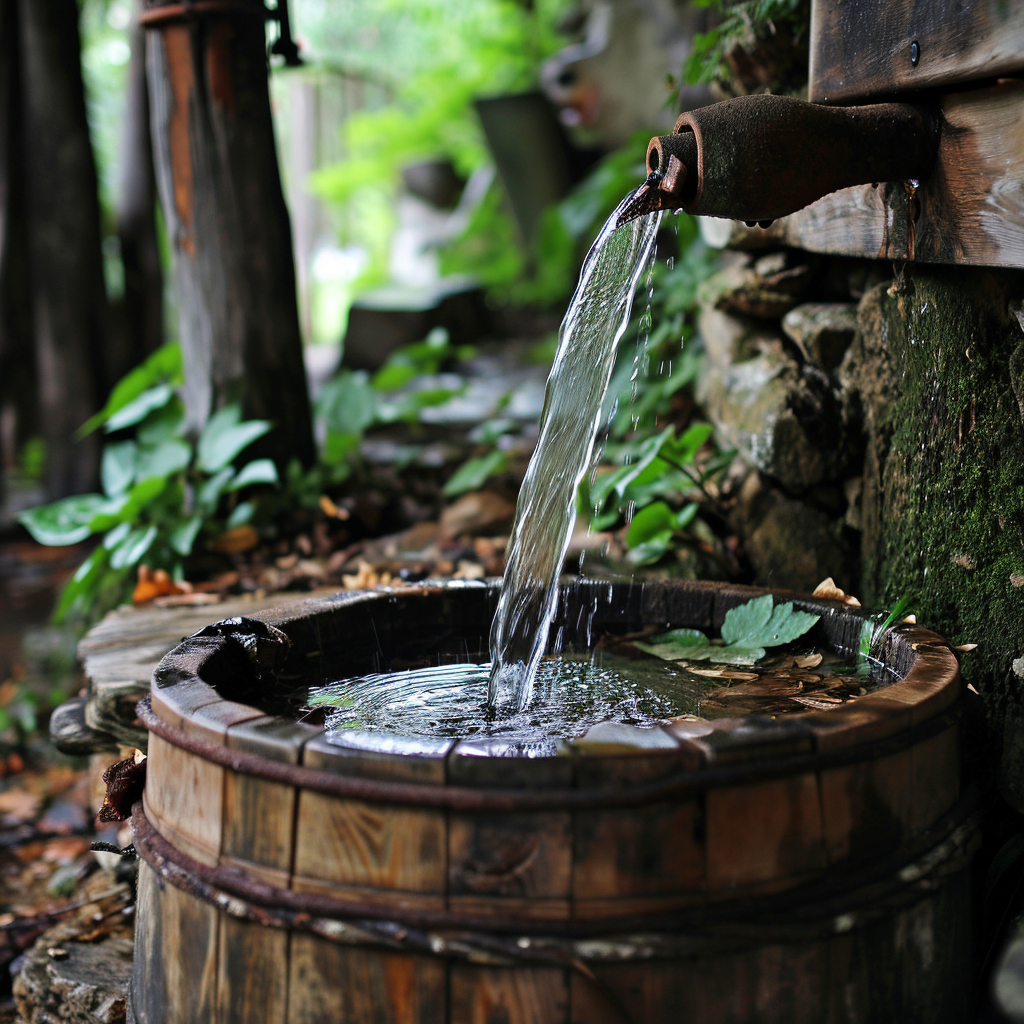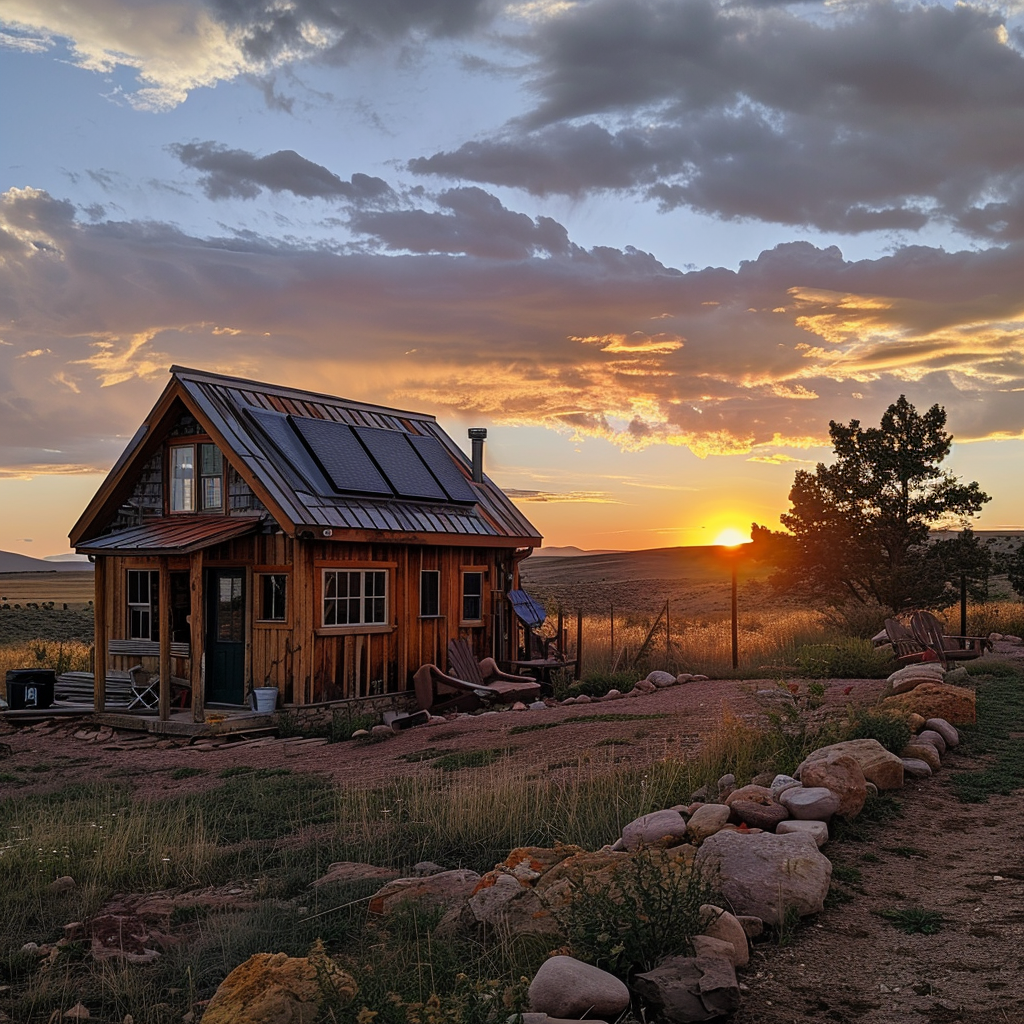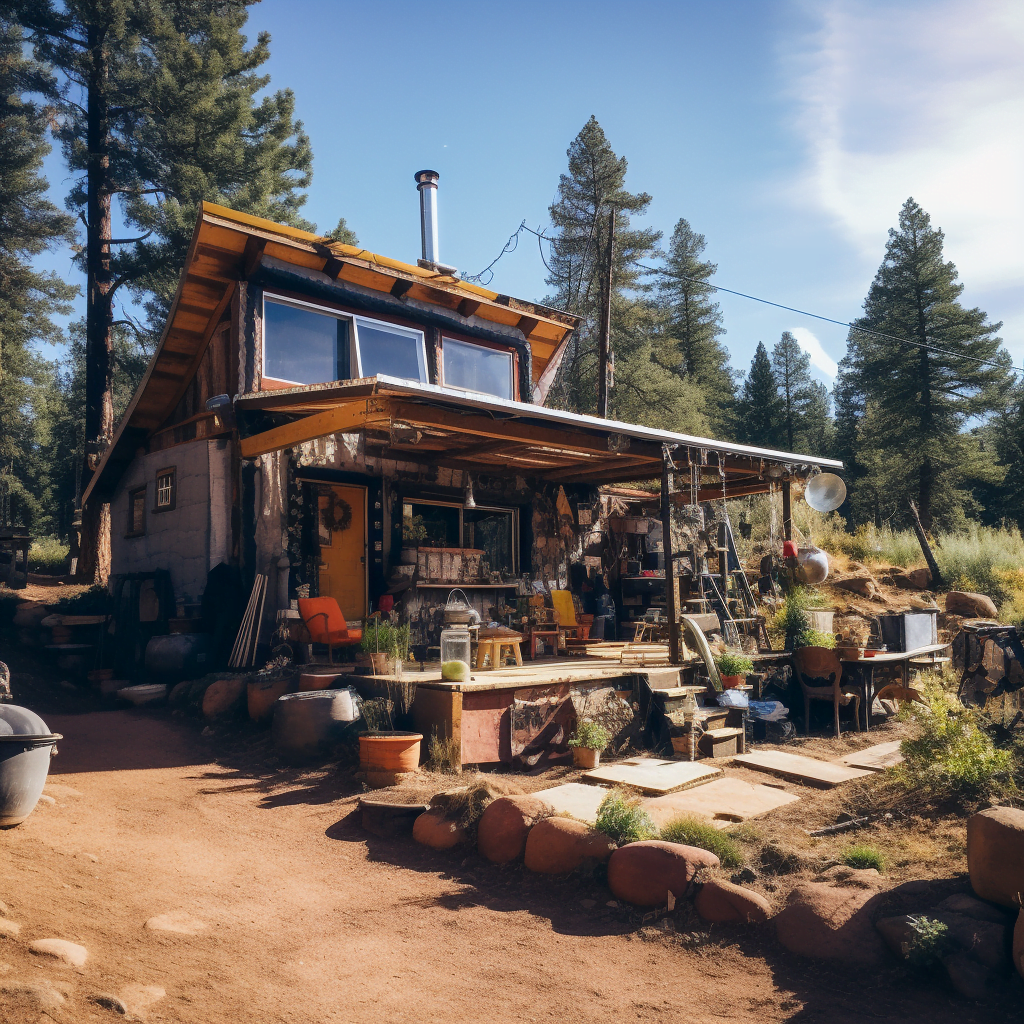Stepping away from the hustle and bustle of city life, more and more people are being drawn to the allure of the simpler, off-grid lifestyle. Colorado, with its breath-taking landscapes and serene wilderness, has become a favorite amongst those who wish to break free from the shackles of the mainstream. But the question often arises, is it legal to be off the grid in Colorado? The answer, simply put, is yes. However, there are specific laws and regulations that need to be adhered to. Here’s what you need to know.
Know Your Zoning Laws
One of the key aspects that you need to consider before going off-grid is the zoning laws established by the local governments. These laws dictate what activities can and cannot be conducted on your property. For example, some areas may have regulations regarding the type of structures that can be built or restrictions on agricultural activities. Understanding these laws is crucial to ensure you are in compliance and avoid legal complications.
“Zoning laws established by local governments dictate what activities are allowed on the property, so it’s crucial to understand and comply with these regulations.”
The Acreage Question
Another significant consideration in Colorado is the minimum land requirement for off-grid living. The state requires a purchase of a minimum of 35 acres of land for off-grid properties. This law is to prevent the fragmentation of agricultural land and maintain the rural character of certain areas.

Water Laws: The Lifeline of Off-Grid Living
One of the primary resources for anyone living off the grid is water, and in Colorado, there are specific laws governing its usage and collection. There are restrictions on rainwater collection, and homeowners are limited in the amount of water they can collect. The state requires that you only collect water that falls on your property and that you do not exceed the limits set by the law.
“Water laws govern the usage and collection of water, with restrictions on rainwater collection and limits on the amount of water homeowners can collect.”
Waste Disposal Regulations
Sewage and waste disposal are other aspects that are regulated by law in Colorado. Even if you own the land, you may need to get prior permission for certain activities related to waste disposal. Proper waste management is essential not only for legal compliance but also for ensuring the sustainability of your off-grid lifestyle.
It’s important to note that while living off the grid is generally legal in most areas of Colorado, one must adhere strictly to all relevant laws and regulations. Remember, being off-grid doesn’t mean being off-law. There are various resources available, such as the Colorado Division of Water Resources, the Colorado Water Conservation Board, the Colorado Rural Water Association, and local water districts, that provide guidance on complying with water laws and regulations.
So before you embark on your off-grid adventure in Colorado, remember the importance of thorough research and consultation with experts. Ensuring compliance with all applicable laws and regulations can pave the way for a smooth transition to off-grid living in Colorado.
“Conducting thorough research and consulting with experts is crucial to ensure compliance with all applicable laws and regulations for off-grid living in Colorado.”

Guided by the Experts
In order to successfully transition to an off-grid lifestyle in Colorado, it is paramount to tap into the wealth of knowledge and assistance that is readily available. There are numerous resources and organizations dedicated to helping off-gridders thrive. Here are a few that can provide the guidance you need:
- Colorado Division of Water Resources: The primary resource for understanding Colorado’s complex water laws. They provide comprehensive guidance on the legalities of water usage and collection for off-grid dwellers.
- Colorado Water Conservation Board: This organization’s mission is to conserve, develop, protect and manage Colorado’s water for present and future generations, making it an invaluable resource for anyone seeking to live off the grid.
- Colorado Rural Water Association: A non-profit organization offering assistance and training for water and wastewater systems, crucial to maintaining a safe and healthy off-grid lifestyle.
- Local Water Districts: These entities can provide you with specific information regarding water usage and regulations in your local area.
Through these organizations, you can access expert advice and resources that will help you navigate the legalities of off-grid living in Colorado, ensuring you adhere to all necessary regulations.
The Importance of Prior Permission
Even if you’re the proud owner of a large swath of Colorado land, it’s important to remember that prior permission may still be necessary for certain activities. From installing septic tanks to erecting wind turbines, a broad range of activities may require permits or approval from local governing bodies. This may seem like a daunting prospect, but with the right guidance, you can navigate the approval process with ease.
“Even if you own the land, prior permission may be necessary for certain activities.”
It’s important to engage in these processes not as a burden or deterrent, but as an integral part of the responsibility that comes with living off the grid. Remember, every regulation or law is in place to ensure the sustainability and health of both the land and its inhabitants.
In Conclusion
So, is it legal to live off the grid in Colorado? Absolutely. Is it a process that requires careful planning, research, and adherence to local laws and regulations? Without a doubt. However, the beauty of off-grid living is in its challenge – the challenge to live sustainably, responsibly, and in harmony with nature. And for those willing to take on that challenge, the rewards are immeasurable.
Frequently Asked Questions
1. Is it legal to live off-grid in Colorado?
Yes, it is legal to live off-grid in Colorado. However, there are specific laws and regulations related to property zoning, land size, water usage and collection, and waste disposal that must be followed.
2. Are there restrictions on collecting rainwater for off-grid living in Colorado?
Yes, there are regulations on rainwater collection in Colorado. It is advisable to consult with the Colorado Division of Water Resources or your local water district to understand the specific limitations and guidelines.
3. How much land do I need to live off-grid in Colorado?
The state of Colorado requires a minimum purchase of 35 acres of land for off-grid properties. However, zoning laws can vary by locality, so it’s important to verify the specific requirements in your area.
The Colorado Division of Water Resources, the Colorado Water Conservation Board, the Colorado Rural Water Association, and your local water district are excellent resources for understanding and complying with the laws and regulations of off-grid living in Colorado.
5. Do I need permission to install infrastructure like septic systems or wind turbines on my off-grid property?
Yes, certain activities and installations on your property, even if you own the land, may require prior permission or permits from local governing bodies. It’s crucial to verify any permit requirements before initiating any major projects on your property.
6. How can I ensure that I’m following all laws and regulations for off-grid living in Colorado?
The best way is to conduct thorough research and consult with experts, local authorities, and relevant organizations. Make use of resources like the Colorado Division of Water Resources, the Colorado Water Conservation Board, and the Colorado Rural Water Association, which can provide guidance on the compliance with the state’s laws and regulations.




